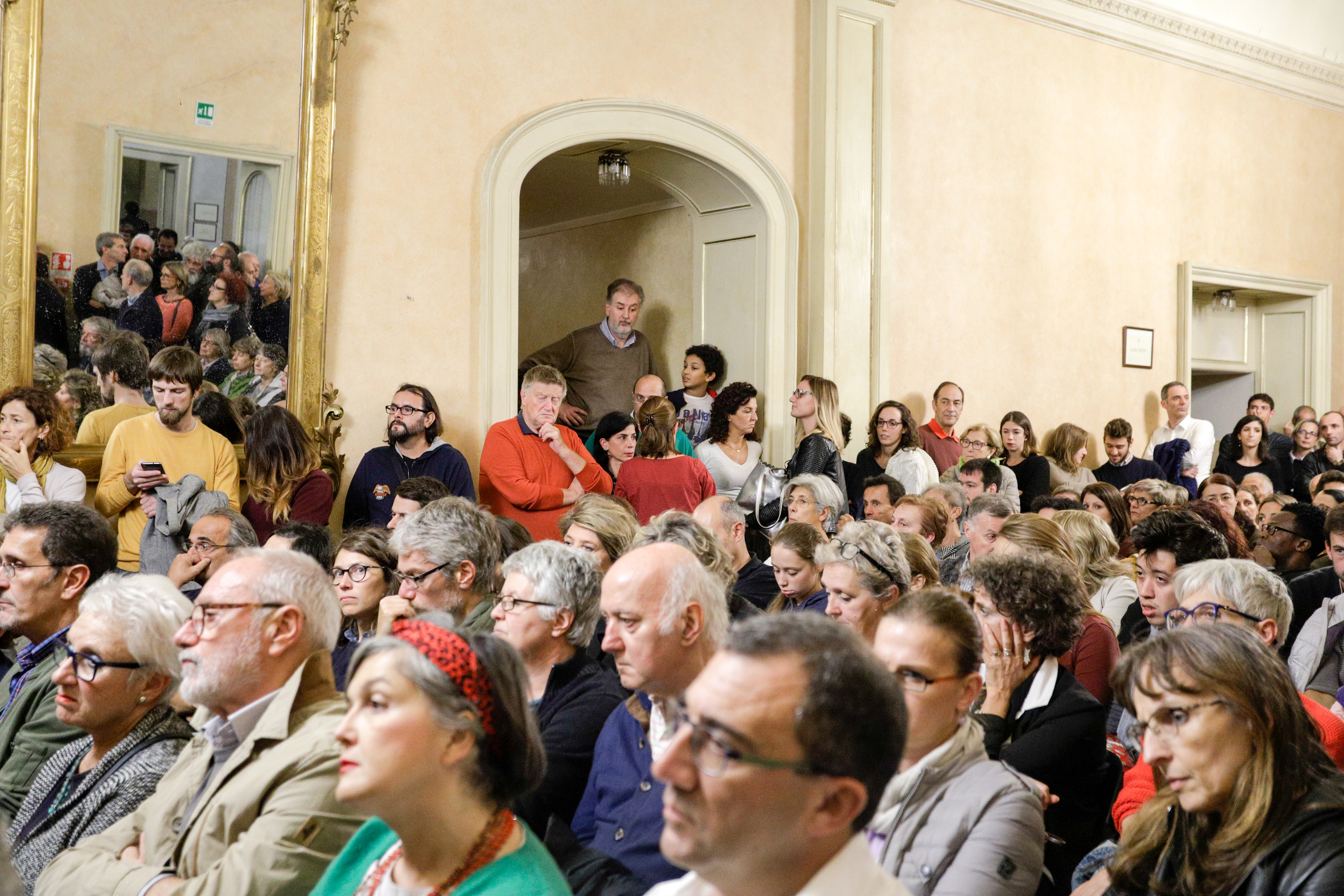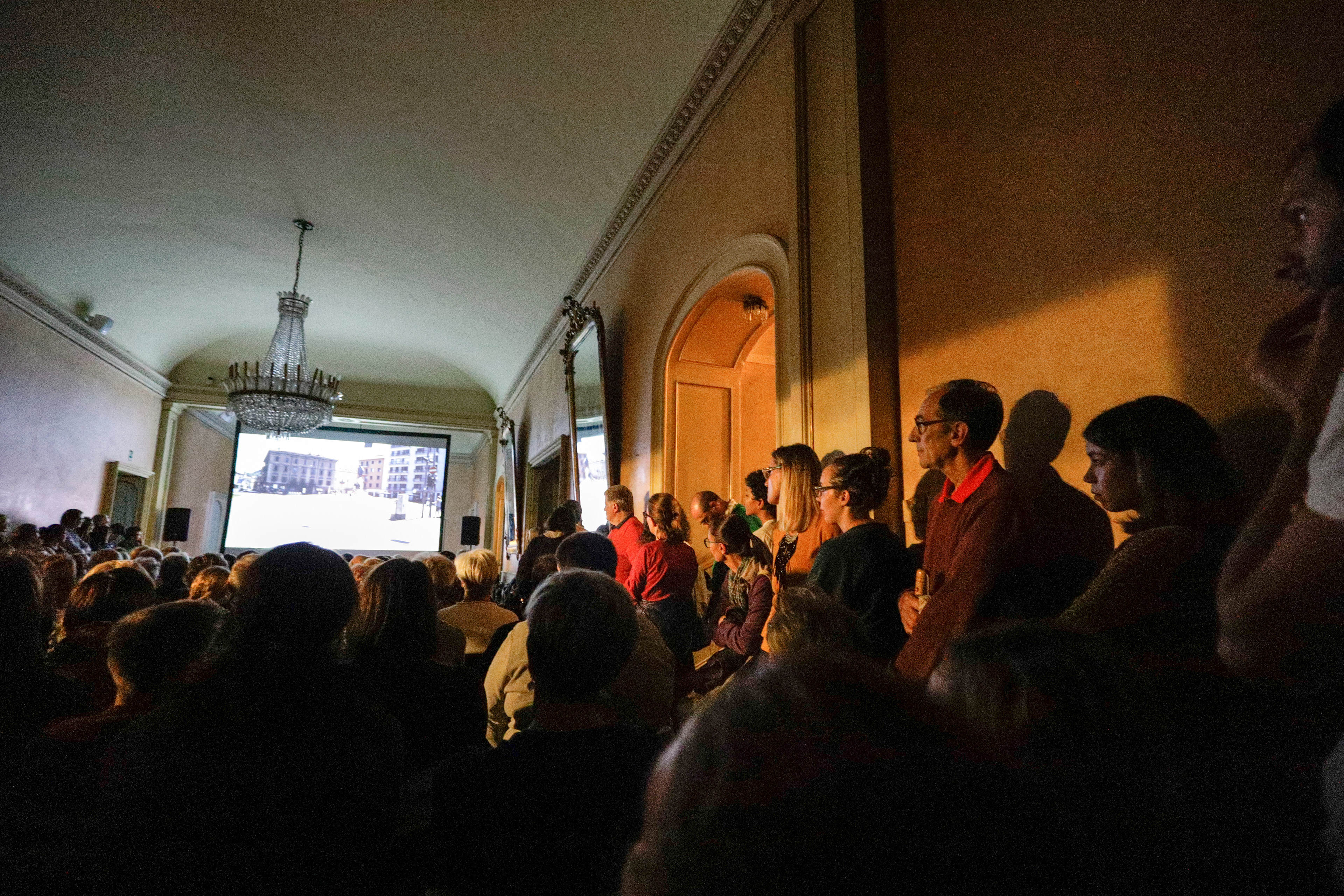IT
Seduti al tavolino di un bar sul lungo lago, sentiamo una musica che si avvicina: una fisarmonica e due chitarre, e dei fiati, poi altre chitarre. Musica e voci che, più si avvicinano, più raccontano immagini di una città a cui, rivolti al grande lago, stiamo dando le spalle.
Como Blues è il racconto di una Como che non si congeda da se stessa. È un documentario alla cui realizzazione hanno partecipato persone senza dimora, non soltanto come parte del cast, ma anche e sopratutto come parte della troupe: un documentario che parla di chi non ha casa, fatto da chi non ha casa; e in cui si racconta di una città fatta di panchine, vicoli, alberi con chiome che riparano dalla pioggia, e portici e piazze di notte, e angoli e vicoli e gradini e chiese. Una città i cui politici vorrebbero chiusa e che i cittadini riaprono quotidianamente.
EN
Sitting at a bar table on the lake, we hear a music approaching from a distance: an accordion and two guitars, and some horns, then other guitars. Music and voices that the closer they get, the more they depict pictures of a city that, facing the great lake, we left behind our backs.
Como Blues is the story of a Como that never goes away from herself. It is a documentary movie made by homeless people, not only as part of the cast, but most importantly, as members of the crew; it is a documentary movie that talks about those who have no home, made of alley, trees with branches and leaves that shelter from the rain, a city made of porticos and squares at night, and alleys and churches. A city that politicians would like to close, but that citizens reopen daily.

